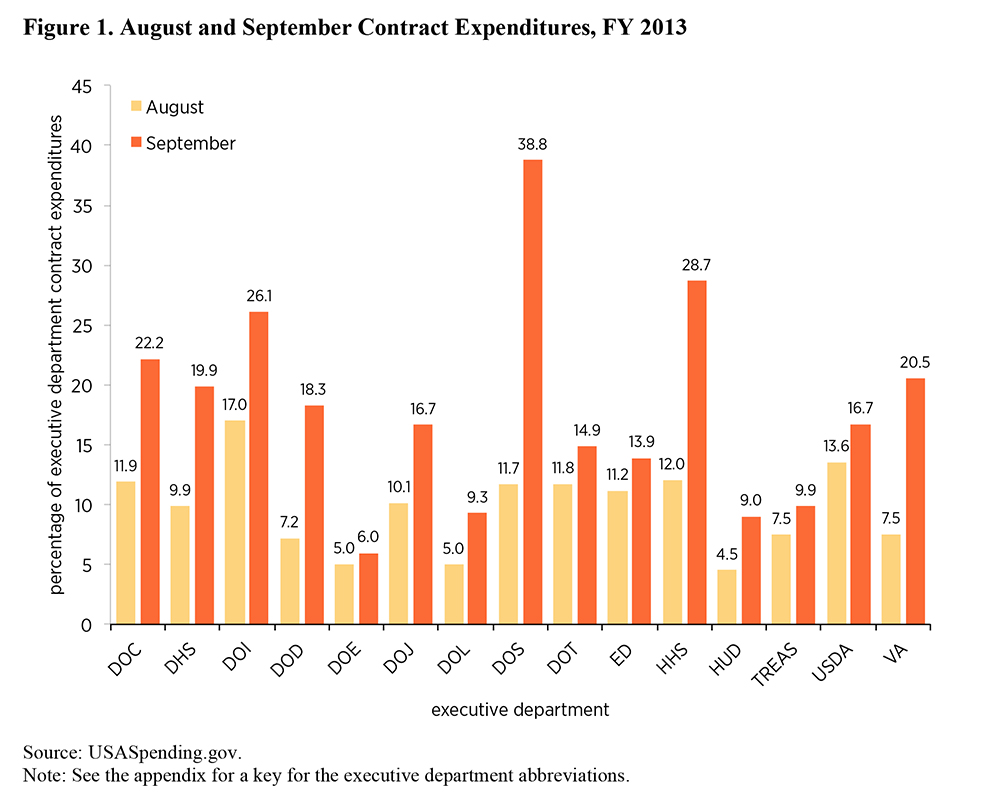Reforming Canada's Federal Government: A Necessary Overhaul

Table of Contents
Increasing Governmental Transparency and Accountability
Strengthening the transparency and accountability of our federal government is paramount. Currently, navigating the system to access information and hold officials responsible can be frustrating and opaque. We need significant improvements in several key areas:
Strengthening Access to Information
Current limitations on access to government documents hinder effective public oversight. The process is often slow, expensive, and riddled with bureaucratic hurdles. To improve transparency and accountability, we need:
- Streamlined Processes: Simplify the request process, making it easier for citizens to obtain information.
- Reduced Fees: Lower or eliminate fees associated with access to information requests, especially for those seeking information in the public interest.
- Stricter Penalties: Implement stronger penalties for government departments that fail to comply with access to information requests in a timely manner. This includes increased fines and potential legal repercussions for officials who obstruct access.
- Proactive Disclosure: Encourage government departments to proactively release information to the public, rather than waiting for formal requests.
This enhanced access to information will foster greater transparency and accountability within the government reform process, creating a truly open government.
Enhancing Ethics Regulations
Strengthening ethics reform is crucial for restoring public trust. Current conflict of interest rules are often insufficient, and oversight mechanisms lack the necessary teeth. Key improvements include:
- Strengthened Conflict-of-Interest Rules: Implement stricter rules for MPs and government officials, preventing situations where personal interests could influence their decisions.
- Independent Ethics Oversight: Establish an independent ethics commissioner with broader powers to investigate complaints and enforce penalties. This body should be free from political influence and have the authority to conduct thorough investigations.
- Increased Lobbying Transparency: Mandate greater transparency in lobbying activities, requiring detailed disclosure of meetings and interactions between lobbyists and government officials. This will allow the public to understand the potential influence of special interests on policy decisions.
These measures will significantly enhance government ethics and political accountability, fostering a more ethical and responsible political landscape.
Streamlining Bureaucracy and Improving Efficiency
Canada's federal government suffers from excessive bureaucracy, slowing down processes and hindering efficiency. This impacts both government operations and the lives of ordinary citizens. Reform is needed in two key areas:
Reducing Red Tape and Regulatory Burden
Excessive red tape and unnecessary regulations stifle economic growth and innovation. We must:
- Regulatory Impact Assessments: Implement rigorous assessments before implementing any new regulations, evaluating their potential impact on businesses and individuals. This process should ensure that regulations are effective, efficient, and necessary.
- Targeted Deregulation: Identify and eliminate unnecessary regulations that impede economic activity and innovation. This process requires careful evaluation of existing rules, focusing on removing those that are outdated, ineffective, or overly burdensome.
- Improved Inter-departmental Coordination: Enhance coordination between government departments to avoid duplication and conflicting policies. This will streamline processes and reduce delays.
By significantly reducing the regulatory burden, we can stimulate government efficiency and foster a more competitive business environment. This is vital for economic streamlining government operations and removing unnecessary red tape reduction.
Modernizing Government Services
Outdated systems hinder the effective delivery of government services. Modernization is crucial:
- Investment in Technology: Invest in modern technology to improve the delivery of government services online. This includes creating user-friendly online portals and mobile applications.
- Reduced Paper-Based Systems: Move away from outdated paper-based systems and embrace digital solutions, which will improve efficiency and reduce costs.
- Improved Accessibility: Ensure that government services are accessible to all Canadians, including those with disabilities. This requires designing user-friendly interfaces and providing alternative formats for information.
This government modernization through digital government and improved online services will create a more accessible and efficient e-government.
Addressing Electoral Reform and Political Representation
Our current electoral system has shortcomings that undermine fair representation and voter engagement. Reform is necessary to ensure a truly representative democracy:
Exploring Proportional Representation
The current "first past the post" system often leads to disproportionate results, where a party can win a majority of seats without winning a majority of votes. Therefore, we should:
- Comprehensive Review: Conduct a thorough and impartial review of alternative electoral systems, particularly proportional representation.
- Public Consultation: Engage in widespread public consultation to determine which system best reflects the needs and values of Canadians.
- Impact Assessment: Analyze the potential impact of different systems on political stability and the representation of minority groups.
Exploring proportional representation as an electoral reform measure is crucial for improving political representation and ensuring fairer outcomes.
Enhancing Voter Engagement
Low voter turnout is a significant concern. To enhance political participation, we must:
- Automatic Voter Registration: Implement automatic voter registration to simplify the process and increase participation.
- Improved Accessibility: Make voting easier and more accessible for all Canadians, including those with disabilities and those living in remote areas.
- Civic Education: Invest in civic education programs to increase political knowledge and engagement among young people.
These measures will increase voter turnout and strengthen civic engagement by making the electoral process more accessible and understandable.
Conclusion
Reforming Canada's federal government is not merely desirable; it's a necessity for ensuring a responsive, efficient, and accountable system. By implementing the reforms outlined above – increasing transparency and accountability, streamlining bureaucracy, and addressing electoral reform – we can strengthen our democracy and better serve the needs of all Canadians. The need for a comprehensive overhaul of the federal government is undeniable. Let's work together to advocate for these crucial changes and build a stronger, more effective Canada. Join the conversation and demand Canada's federal government reform today!

Featured Posts
-
 Hugh Jackman And Deborra Lee Furness Officially Divorce After 2 Year Separation
May 28, 2025
Hugh Jackman And Deborra Lee Furness Officially Divorce After 2 Year Separation
May 28, 2025 -
 Urgent Appeal E1 Million Lotto Win Location Publicly Released
May 28, 2025
Urgent Appeal E1 Million Lotto Win Location Publicly Released
May 28, 2025 -
 Free Online Streaming Of The 2025 American Music Awards
May 28, 2025
Free Online Streaming Of The 2025 American Music Awards
May 28, 2025 -
 Confirmed Tottenham Target Ligue 1 Winger Transfer Timeline Revealed
May 28, 2025
Confirmed Tottenham Target Ligue 1 Winger Transfer Timeline Revealed
May 28, 2025 -
 Hugh Jackman Takes A Cheeky Swipe At Ryan Reynolds Their Ongoing Rivalry
May 28, 2025
Hugh Jackman Takes A Cheeky Swipe At Ryan Reynolds Their Ongoing Rivalry
May 28, 2025
